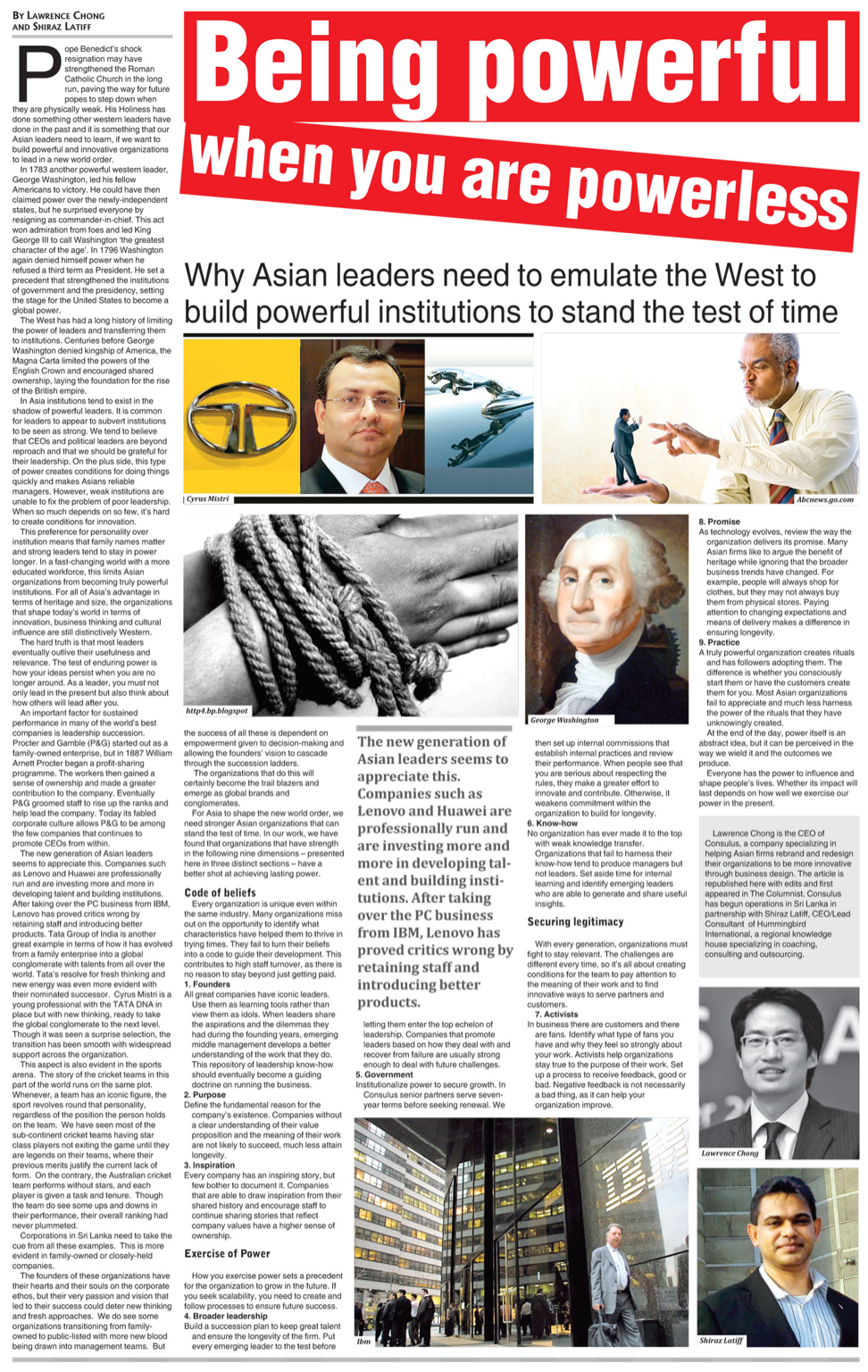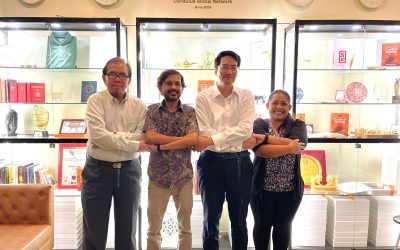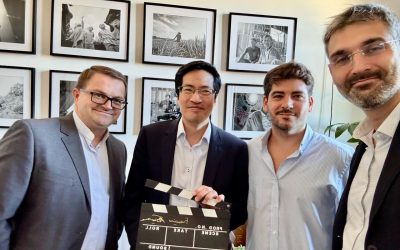Lawrence Chong, CEO of Consulus, and Shiraz Latiff, CEO of Hummingbird International were recently featured in Sri Lankan business and politics editorial, Ceylon Today. Their article, “Why Asian leaders need to emulate the West to build powerful institutions to stand the test of time,” was the first of a series of opinion editorials that will be contributed by them.
“In Asia, institutions tend to exist in the shadow of powerful leaders. It is common for leaders to appear to subvert institutions to be seen as strong. We tend to believe that CEOs and political leaders are beyond reproach and that we should be grateful for their leadership. On the plus side, this type of power creates conditions for doing things quickly and makes Asians reliable managers. However, weak institutions are unable to fix the problem of poor leadership. When so much depends on so few, it’s hard to create conditions for innovation.
This preference for personality over institution means that family names matter and strong leaders tend to stay in power longer. In a fast-changing world with a more educated workforce, this limits Asian organizations from becoming truly powerful institutions. For all of Asia’s advantage in terms of heritage and size, the organizations that shape today’s world in terms of innovation, business thinking and cultural influence are still distinctively Western.
The hard truth is that most leaders eventually outlive their usefulness and relevance. The test of enduring power is how your ideas persist when you are no longer around. As a leader, you must not only lead in the present but also think about how others will lead after you.”
Read the full article on how to build powerful institutions to stand the test of time.





